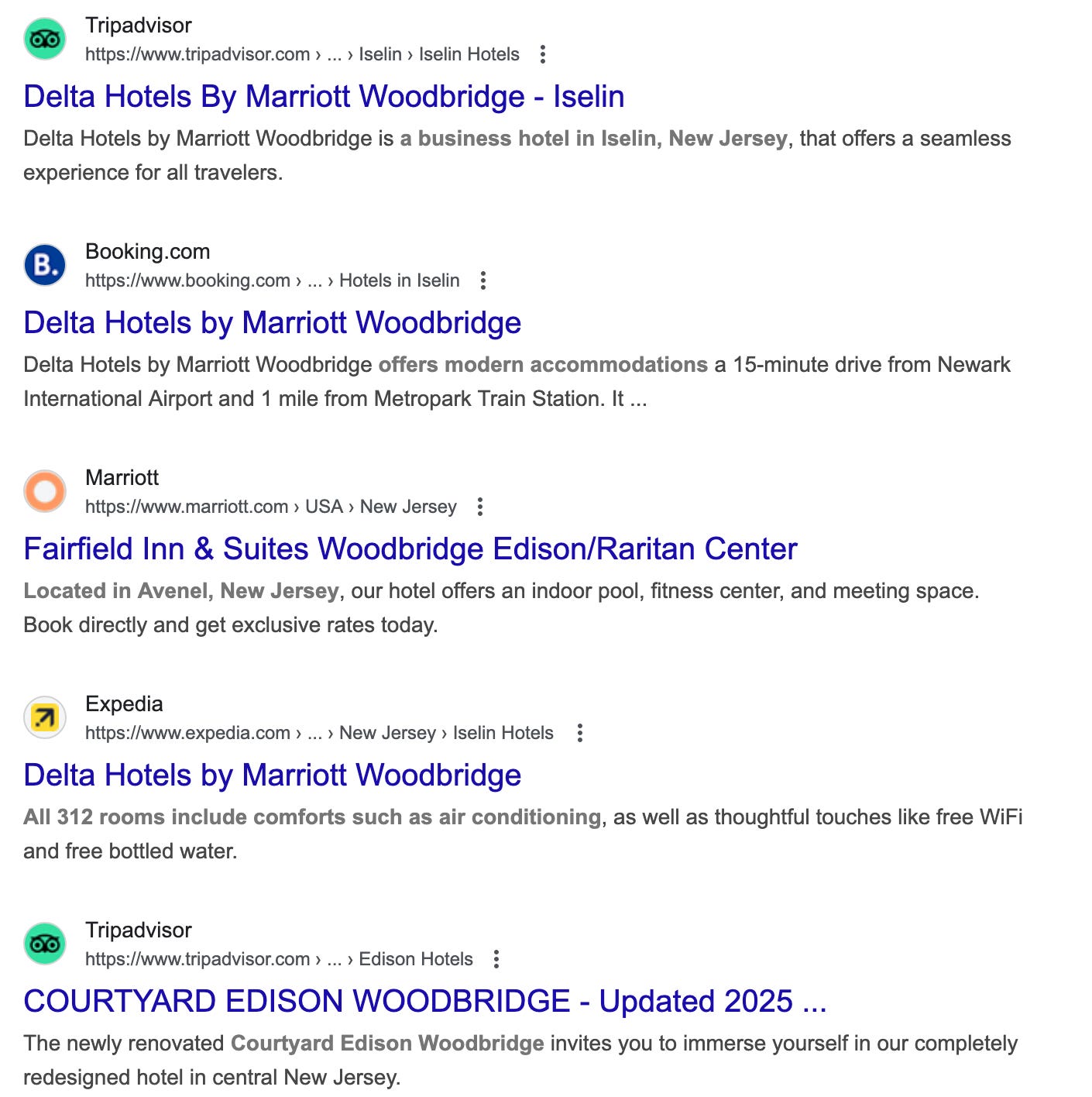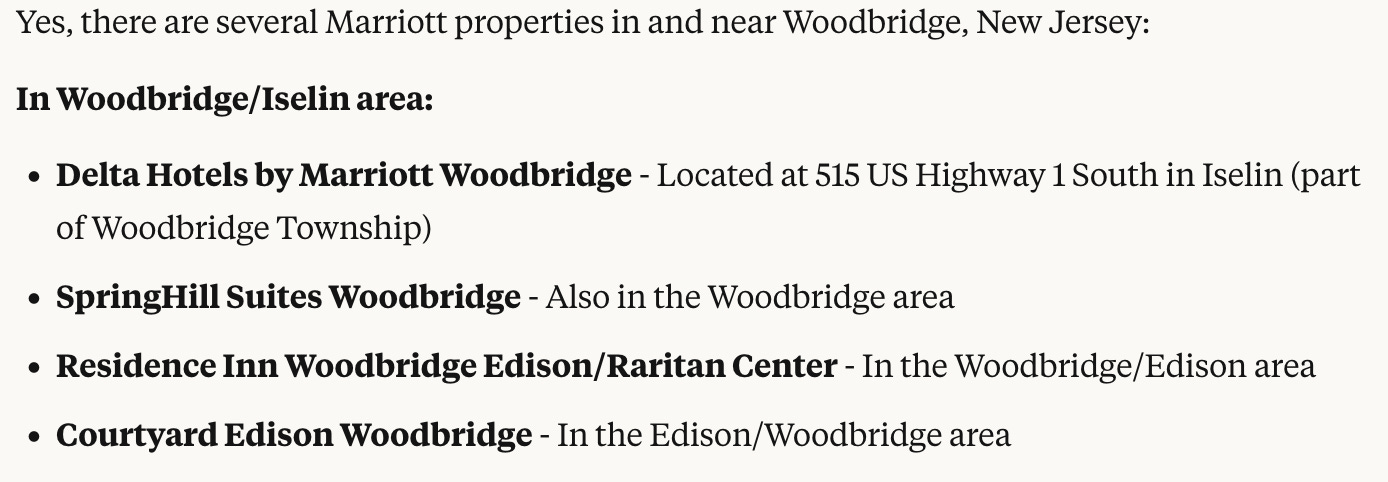Is AI as bad as they say it is? No, not yet
But hold my beer while AI decimates the last vestiges of news and literary publishing
No one can stop talking about artificial intelligence even though hardly anyone actually knows what it is. The most common belief is that AI is coming for your job followed by the nagging fear that it is going to “take over” and basically enslave humanity or simply eat it for lunch.
That may be true but a few things that aren’t talked about quite so compulsively most certainly are true. One that seemingly concerns nearly no one is that AI is very likely to rip down the last remaining support for journalism. It’s hard to get people excited about this because, let’s face it, most people don’t actually read news anymore anyway. Or care much about what happens in the world or their town.
Advertising dollars used to be the primary support of journalism. Ads were everywhere and, yes, they were annoying. Then Google and the web came along and sucked up all the ad dollars, leaving news outlets gasping like a fish out of water.
Links are lifesavers for news outlets
To make up for ruining their business, Google generated links to news stories and that helped keep news outlets in business. But time is running out for that fragile little lifeline since Google itself is about to be displaced by AI, due to the simple fact that asking an AI bot a question gets you a straight answer, or at least something that looks like one. You don’t have to wade through a pageful of ads on Google trying to determine what is a “real” link and what’s bought and paid for.
This is really infuriating a lot of the time. Say you want to find a Marriott in Woodbridge, New Jersey. You type “Marriott in Woodbridge, NJ” and get a pageful of links that look like they are straightforward information sources for and by Marriott, when in fact they are mostly ads for other hotels and, even worse, for booking agencies that pass themselves off as Marriott and get their hands on your dollars before Marriott does.
Take this very small example of the multitude of suggested links a simple search produces:
Exactly one of these five links will take you to an actual Marriott and they don’t make it easy to find and compare all the Marriotts in the region.
Now let’s do a similar search on Claude, an up and coming AI chat provider. Given the same query, it responds:
I know this is a fair and honest rendering because I am sitting in the Residence Inn Woodbridge this very moment. I made my reservation after a Google search, thinking I was on a Marriott site. In fact, I was on something called BookingYourTrip (or something like that) which took my money in advance, tried to sell me travel insurance and signed me up for a travel club that probably is a figment of someone’s imagination.
It sold its soul for pennies per click
This is Google’s Achilles Heel. Early on, it sold its soul by letting anyone buy an ad for just about anything, even if it was borderline – or blatant – misrepresentation. It was profitable so Google kept finding more places to display ads and drove down the unit cost of each little ad to pennies on the dollars the some ad would have cost a decade or two ago.
OK, bad news for Google but who cares? Well, newspaper publishers care and their readers should too. Google ads were so cheap and ubiquitous that newspaper ads dried up and blew away, with newspapers close behind.
The thin threads that keep papers and broadcast outlets alive today are the Google links to their news stories. Consumers are expected to shift fairly rapidly to using AI searches when they come to realize their value, which is good for consumers, at least in the short term.
They’re both bad
But consider two Doomsday scenarios, which could both come to pass.
One is that the content of AI searches eventually becomes as bought-and-paid-for as Google and the other search engines. The other is that as AI engines digest and summarize news reports, no one will bother following what few links may survive, thus depriving publications of their last reliable source of readers.
Think about this for a minute. Everybody complains about ads but they are the historic source of funding that keep the global and local news companies operating. Without them, you have only ads – or, even worse, propaganda, which is basically advertising disguised as news.
Sound outlandish? It’s not really. Technologists routinely rush to develop and deploy the latest new gee-whiz applications that waft out of their genies and only later get around to figuring how to pay for them.
That’s how the web become the mercantile mess it is today – techies took unto themselves the rights intended for serious publishers and now use the First Amendment to hook teens and preteens on sugary cereals, smarmy entertainment and screwball trends and stunts to the exclusion of just about everything else.
There’s no reason to think AI will be any different. Not that anyone wants it to become another mind-wasting, commercial swamp but that’s just the way things go these days, now isn’t it?





